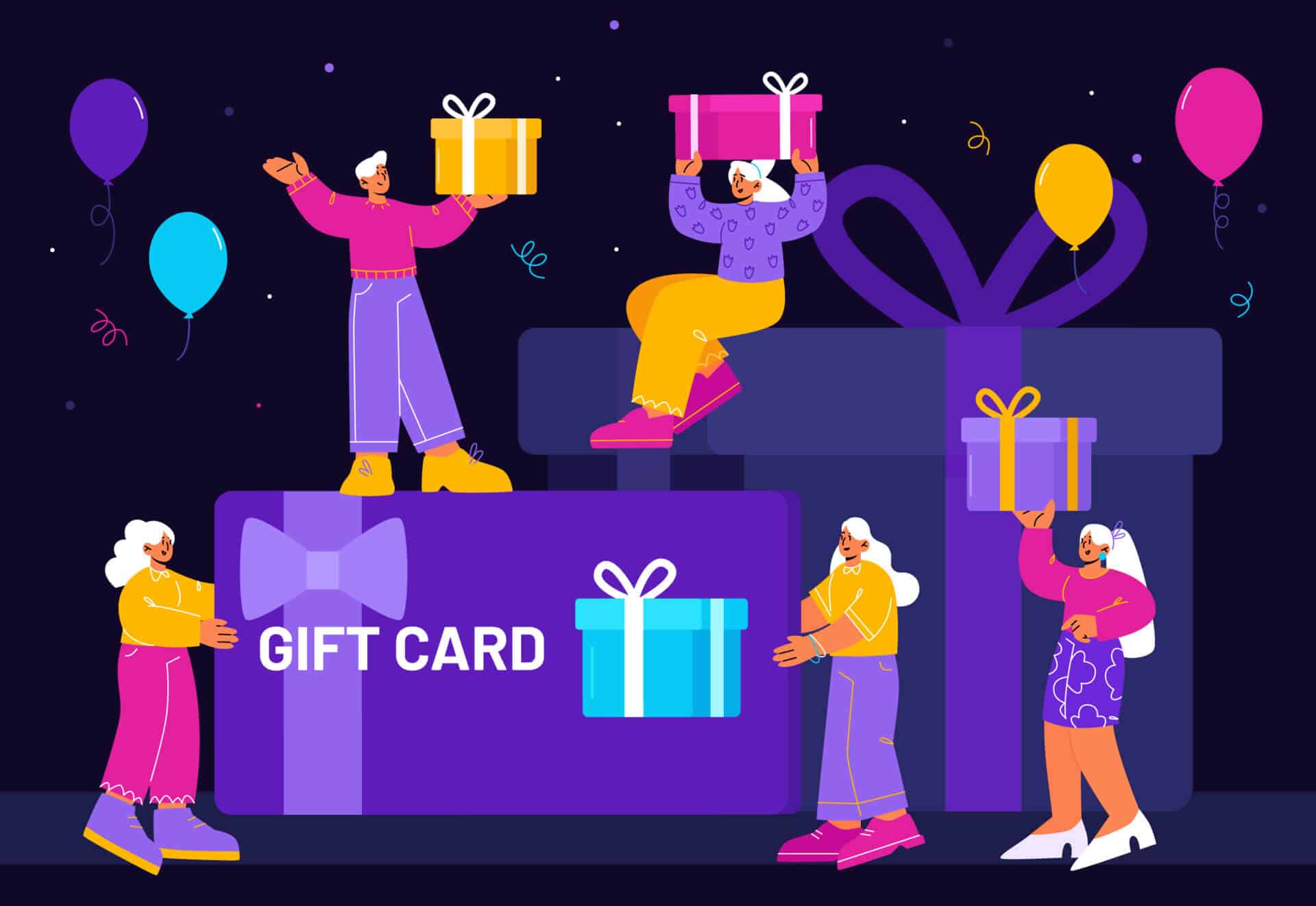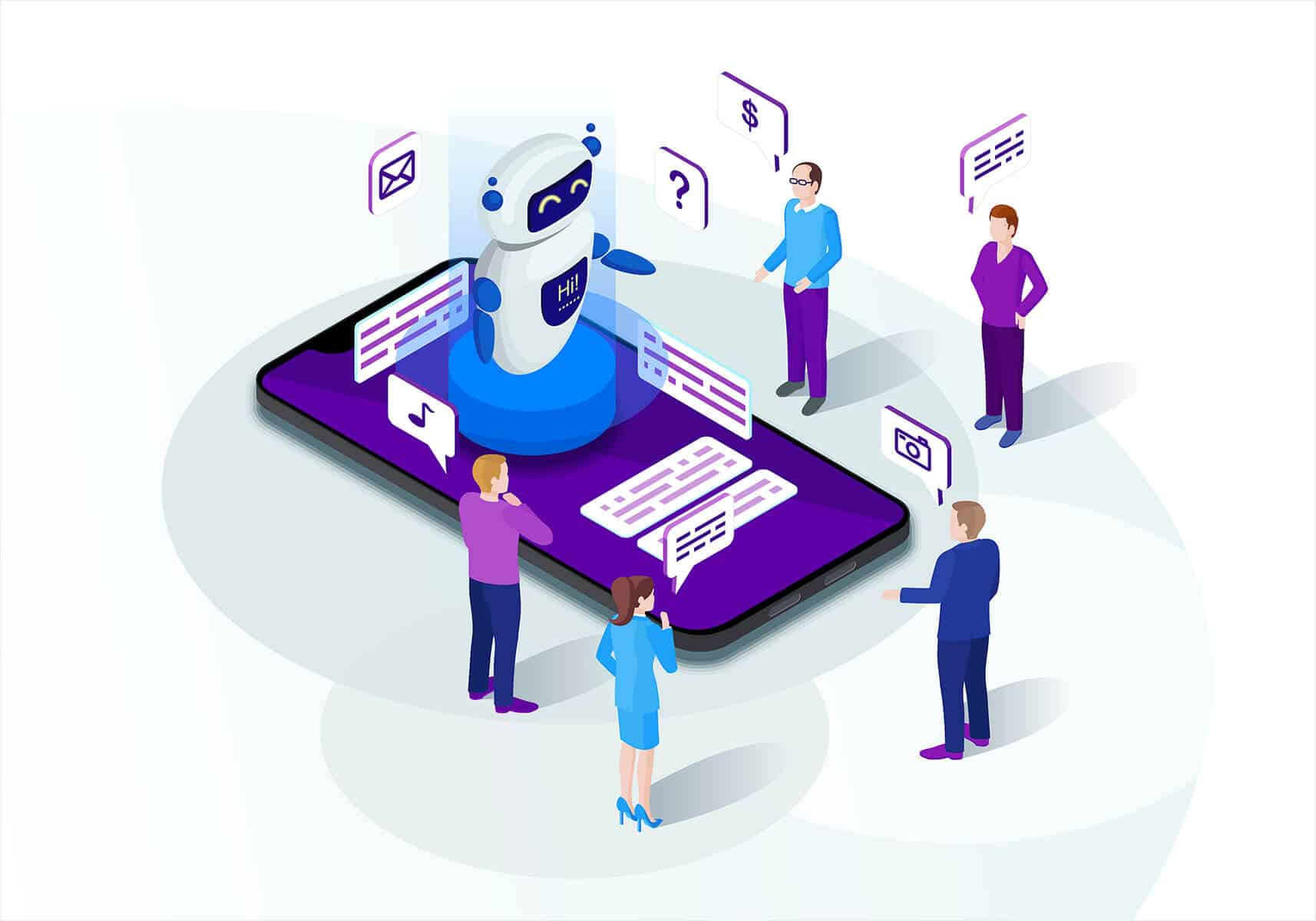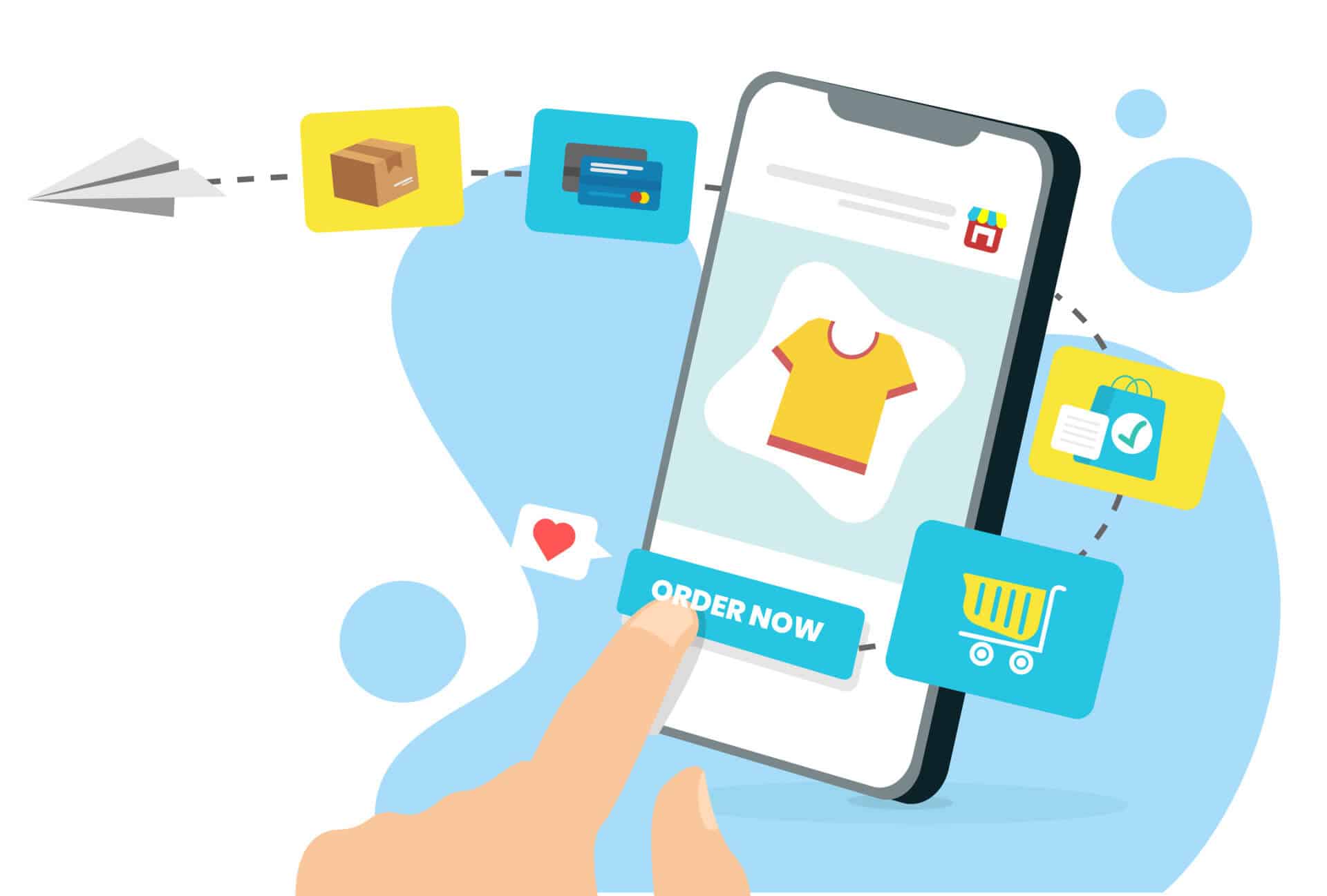Personalization has become an important aspect in the eCommerce industry, as it allows retailers to create a more personalized and engaging shopping experience for their customers. This can lead to increased customer loyalty, which is crucial for the success and growth of any eCommerce business.
Personalization in eCommerce involves tailoring the customer experience based on the customer’s individual preferences, behaviors, and past interactions with the business. This can include personalized product recommendations, targeted promotions, customized emails, and more. By providing a tailored shopping experience, eCommerce retailers can create a sense of familiarity and trust with their customers, which can lead to increased customer loyalty.
One of the most effective ways to personalize the customer experience is through the use of customer data. Retailers can collect and analyze customer data to better understand their customers’ preferences and behaviors, and then use this information to personalize the shopping experience. For example, a retailer can use data on a customer’s past purchases and interests to recommend products that the customer is likely to be interested in, or to send targeted promotions based on their preferences.
Personalization can also be used to improve the customer journey, making it easier for customers to find what they are looking for and making the checkout process smoother and more efficient. By providing a more personalized experience, retailers can increase the likelihood of customers making repeat purchases and becoming loyal customers.
To enhance customer loyalty through personalization in eCommerce, retailers can take the following steps:
- Collect and Analyze Customer Data: Retailers can use tools such as customer relationship management (CRM) systems, cookies, and website analytics to collect and analyze customer data, including purchase history, browsing behavior, and interests. This information can then be used to personalize the customer experience.
- Offer Personalized Product Recommendations: Based on customer data, retailers can provide personalized product recommendations to customers, helping them discover new products that they are likely to be interested in.
- Targeted Promotions and Marketing: By analyzing customer data, retailers can send targeted promotions and marketing messages to customers based on their individual preferences and behaviors. This can help increase customer engagement and drive more sales.
- Customized Checkout Experience: Retailers can use personalization to make the checkout experience more efficient and user-friendly, for example by pre-filling shipping and payment information for customers.
- Personalized Customer Service: Retailers can use personalization to improve customer service, for example by providing personalized support based on the customer’s past interactions with the business.
- Continuous Optimization: Retailers should continuously review and analyze their personalization strategies to ensure that they are effectively enhancing customer loyalty and driving sales.
By implementing these personalization strategies, eCommerce retailers can create a more personalized and engaging shopping experience for their customers, building stronger relationships and increasing customer loyalty.
Conclusion
In conclusion, personalization is an important strategy for enhancing customer loyalty in eCommerce. By creating a tailored shopping experience, eCommerce retailers can build stronger relationships with their customers, increase customer satisfaction, and ultimately drive more sales and revenue.




